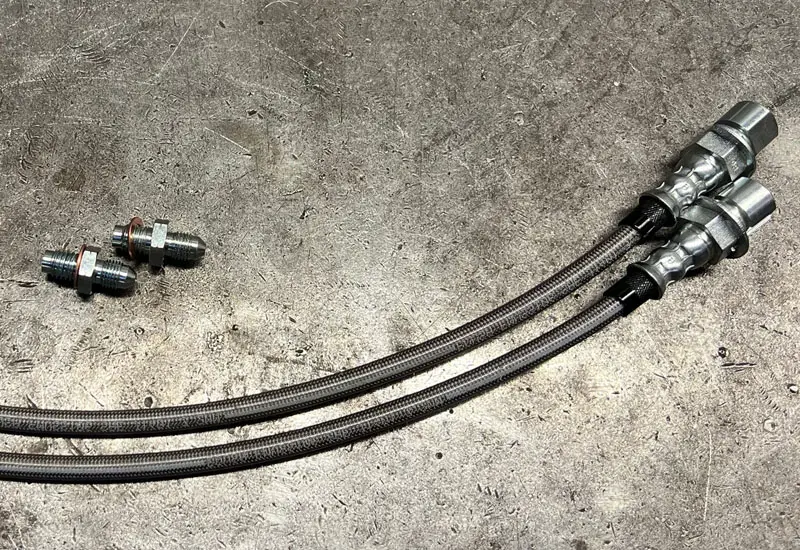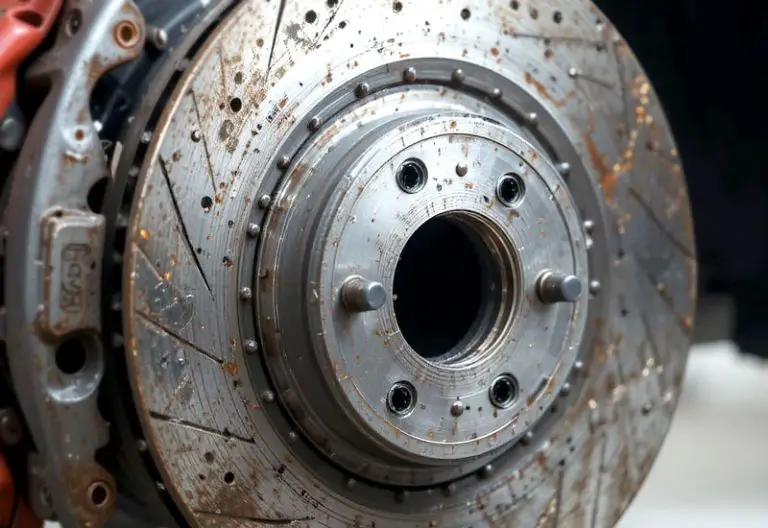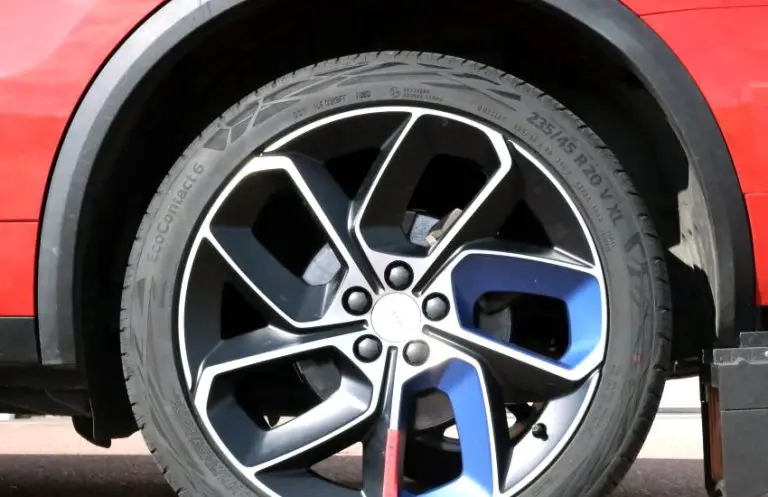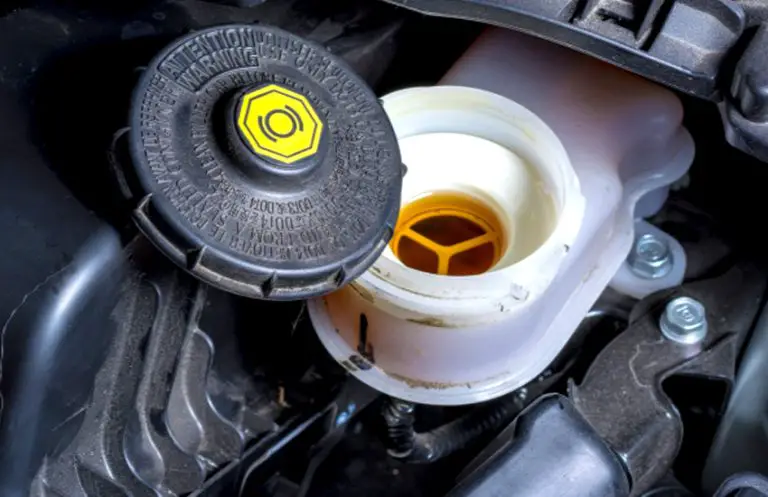Braking systems in vehicles are crucial for safety, but there’s more to them than just stopping the car. One common question among car enthusiasts and everyday drivers alike is whether brake lines become hot during operation. Understanding how your car’s braking system works, including the temperature of brake lines, is vital for maintaining your vehicle and ensuring your safety on the road.

How Brake Systems Work and Why Heat Matters
When you press the brake pedal, a complex system of components works together to slow down or stop your vehicle. This process involves converting the kinetic energy of the car into thermal energy through friction. The primary components involved in this process include the brake pedal, master cylinder, brake lines, brake fluid, brake calipers, brake pads, and brake rotors or drums.
Brake Pedal and Master Cylinder
The braking process starts when you press the brake pedal. This action pushes a piston inside the master cylinder, which is filled with brake fluid. The master cylinder converts the mechanical pressure from the pedal into hydraulic pressure.
Brake Lines and Brake Fluid
The hydraulic pressure created by the master cylinder is transferred through the brake lines. These lines are filled with brake fluid, which is incompressible. As the fluid is pushed through the lines, it carries the pressure to the brake calipers.
Brake Calipers and Brake Pads
Brake calipers are mechanical devices that use the hydraulic pressure to squeeze the brake pads against the brake rotors. The brake pads are made of high-friction material that grips the rotors, creating friction and slowing the vehicle down.
Brake Rotors and Drums
The brake rotors (or drums, in some vehicles) are the final part of the system that interacts directly with the wheels. The friction between the brake pads and the rotors converts the vehicle’s kinetic energy into heat, which is then dissipated into the air.
Heat Generation in the Braking System
The friction between the brake pads and the rotors generates a significant amount of heat. This heat is a byproduct of the energy conversion process and is essential for the brakes to function effectively. However, excessive heat can lead to brake fade, where the braking system loses its efficiency due to the high temperatures.
Do Brake Lines Get Hot?
The simple answer to whether brake lines get hot during operation is yes, but not as hot as other components like brake pads and rotors. The brake lines do heat up because they carry brake fluid, which absorbs some of the heat generated during braking. However, the extent to which brake lines heat up depends on various factors.
Factors Affecting Brake Line Temperature
Brake Fluid Type
Different types of brake fluids have varying boiling points. DOT 3, DOT 4, and DOT 5.1 brake fluids are glycol-based and hygroscopic, meaning they absorb moisture from the air. Over time, this moisture lowers the fluid’s boiling point, which can lead to vapor lock and brake failure under extreme conditions. DOT 5 brake fluid, which is silicone-based, has a higher boiling point and does not absorb moisture, but it is less commonly used in everyday vehicles.
Driving Conditions
The temperature of brake lines can vary based on driving conditions. For example, during normal city driving with frequent stops and starts, the brake lines will experience more heat cycles compared to highway driving. In contrast, high-performance or race driving, which involves aggressive braking, can cause higher temperatures in the brake lines.
Brake System Design
The design of the brake system also plays a role in how much heat is transferred to the brake lines. Modern brake systems are designed to dissipate heat efficiently. Ventilated brake rotors, for example, have built-in cooling channels that help reduce the overall temperature of the braking components.
Vehicle Load
The weight of the vehicle also affects the temperature of the brake lines. Heavier vehicles, such as trucks and SUVs, require more braking force to slow down, which generates more heat. Towing a trailer or carrying heavy loads can also increase the temperature of the brake lines.
How Hot Do Brake Lines Get?
While brake lines do get warm during operation, they typically do not reach the extreme temperatures of other brake components. The brake fluid inside the lines can reach temperatures of up to 200°F (93°C) under normal driving conditions. However, under extreme conditions, such as racing or heavy towing, the fluid temperature can exceed 300°F (149°C).
It’s important to note that while the brake lines themselves may not get excessively hot, the brake fluid inside them can still boil if it reaches its boiling point. This is why it is crucial to use the correct type of brake fluid and to maintain the brake system properly.
Consequences of Overheating Brake Lines
If the brake lines or brake fluid become too hot, several issues can arise:
Brake Fade
As mentioned earlier, brake fade occurs when the braking system loses efficiency due to high temperatures. This can happen when the brake pads and rotors become too hot, reducing their ability to generate friction. While brake lines are not the primary cause of brake fade, overheated brake fluid can contribute to the problem.
Vapor Lock
When brake fluid boils, it creates vapor bubbles within the brake lines. These bubbles can compress, leading to a spongy brake pedal and reduced braking performance. This condition is known as vapor lock and can be dangerous, especially during high-speed or emergency braking situations.
Brake Fluid Degradation
Heat can also cause brake fluid to degrade over time. Glycol-based brake fluids absorb moisture, which lowers their boiling point and can lead to corrosion within the brake system. Regularly flushing and replacing the brake fluid can help prevent these issues.
Maintaining Your Braking System to Prevent Overheating
Proper maintenance of your braking system is essential to ensure safety and prevent overheating of brake lines and other components. Here are some key maintenance practices to keep your brakes in optimal condition:
Regular Brake Inspections
Regularly inspecting your brakes can help identify potential issues before they become serious problems. Check the brake pads, rotors, and calipers for wear and tear. If you notice any signs of excessive wear, such as thinning brake pads or scored rotors, replace them immediately.
Brake Fluid Replacement
Brake fluid should be replaced periodically according to the manufacturer’s recommendations. This helps remove moisture and contaminants that can lower the fluid’s boiling point and cause corrosion. For most vehicles, replacing the brake fluid every two years is a good rule of thumb.
Upgrading Brake Components
If you frequently drive in extreme conditions, such as racing or towing, consider upgrading your brake components. High-performance brake pads, rotors, and fluid can better withstand higher temperatures and provide improved braking performance.
Proper Driving Habits
Adopting proper driving habits can also help prevent overheating of your brake system. Avoid riding the brakes, which can cause excessive heat buildup. Instead, try to use engine braking when possible and leave ample space between your vehicle and the one in front of you to reduce the need for sudden stops.
Cooling Aids
Some high-performance vehicles come equipped with cooling aids, such as brake ducting, which directs air onto the brakes to help dissipate heat. If your vehicle does not have these features, aftermarket options are available.
I hope this comprehensive guide has provided valuable insights into the question of whether brake lines become hot during operation. While brake lines do heat up due to the transfer of hydraulic pressure and the heat generated by braking, they typically do not reach the extreme temperatures of other brake components. Proper maintenance, using the correct type of brake fluid, and adopting good driving habits can help prevent overheating and ensure the safety and efficiency of your braking system.
Are These Questions in Your Mind?
Is it normal for brake lines to get hot?
Yes, it is normal for brake lines to get warm during operation as they carry brake fluid, which absorbs some of the heat generated by braking.
Can brake fluid boil?
Yes, brake fluid can boil if it reaches its boiling point, which can lead to vapor lock and reduced braking performance.
Do I need to replace brake fluid regularly?
Yes, replacing brake fluid regularly is essential to remove moisture and contaminants, which can lower its boiling point and cause corrosion.
Is brake fade dangerous?
Yes, brake fade can be dangerous as it reduces the efficiency of the braking system, making it harder to slow down or stop the vehicle.
Can heavy loads affect brake temperature?
Yes, carrying heavy loads or towing a trailer can increase the temperature of the brake lines and other braking components.
Is DOT 5 brake fluid better than DOT 3 or DOT 4?
DOT 5 brake fluid has a higher boiling point and does not absorb moisture, but it is less commonly used in everyday vehicles and is not always compatible with other brake system components.
Can I upgrade my brake system to prevent overheating?
Yes, upgrading to high-performance brake pads, rotors, and fluid can help better withstand higher temperatures and improve braking performance.
Do driving habits affect brake temperature?
Yes, proper driving habits, such as avoiding riding the brakes and using engine braking, can help prevent excessive heat buildup in the braking system.
Is it safe to drive with overheated brakes?
Driving with overheated brakes can be dangerous as it can lead to brake fade, vapor lock, and reduced braking performance. It’s important to allow the brakes to cool down and address any underlying issues.
Can I install cooling aids for my brakes?
Yes, some vehicles come with cooling aids, and aftermarket options are available to help dissipate heat and prevent brake overheating.


